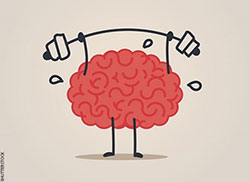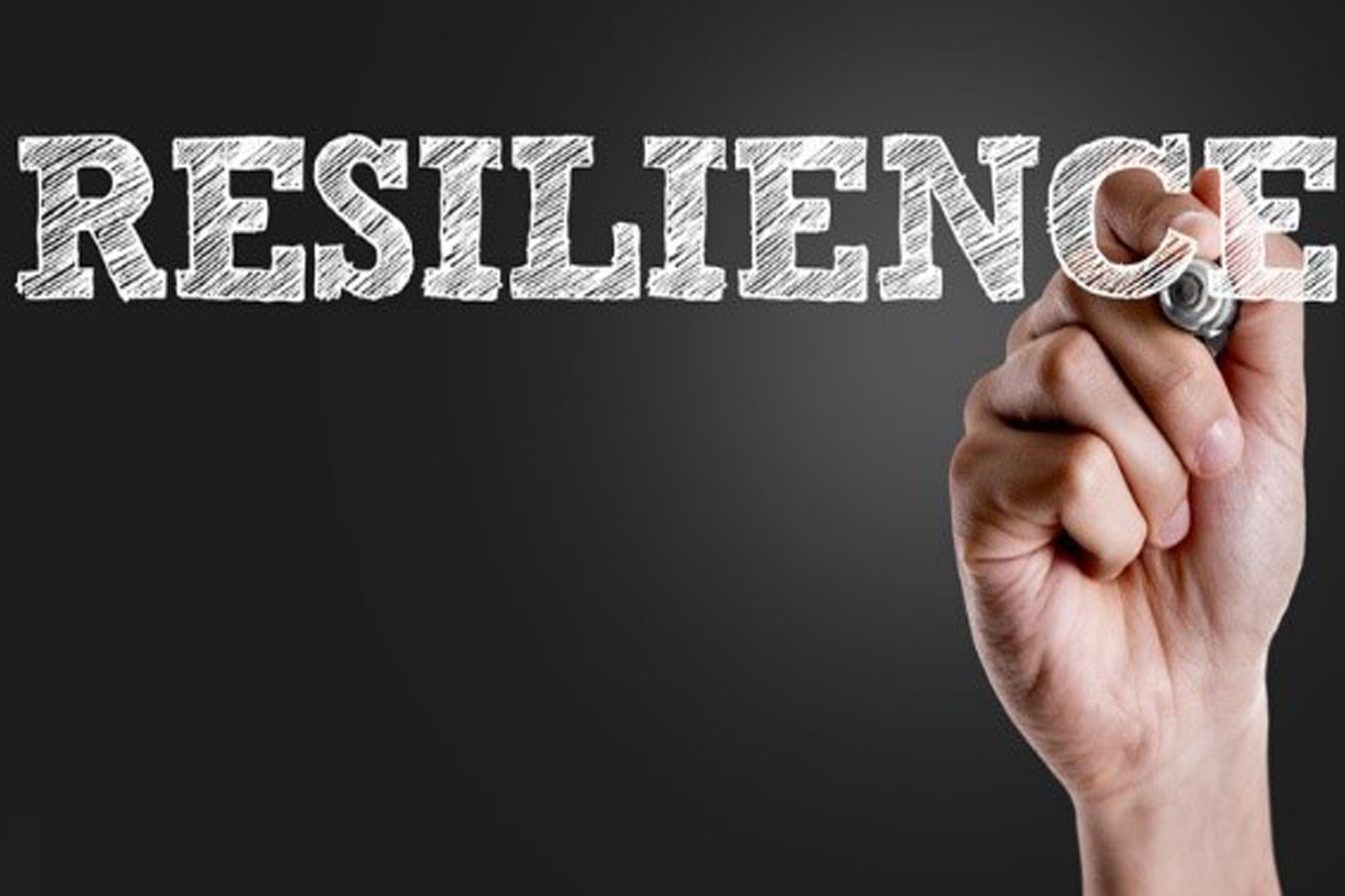During these times of remote working and studying at home, staff and students from the School of Anthropology and Conservation are presenting tips and advice on methods and resources that will help us with our productivity and wellbeing. Here, Katrine Burford-Bradshaw, studying on the BSc (Hons) in Wildlife Conservation with A Year in Professional Practice, offers some guidance on looking after your mental health whilst in quarantine.
“Mental resilience is your ability to manage challenging and difficult events or situations that occur in your life and how you recover from them. Everyone has a different level of resilience: it may vary depending on your age, previous events or a number of factors. Your mental resilience will change over the course of your life, but there are easy steps that can be taken to increase it yourself.
“We are currently going through an exceptionally challenging and difficult period. No one was prepared for this level of isolation and it can be difficult to know how to cope through this tough time. However, we do know that resilience will help us pull through. Here are a few techniques that can help you develop resilience.
Be positive
“With the constant stream of news articles from across the world updating us on the tragedy that everyone is facing, it is easy to feel helpless and heartbroken by it all. That is the normal way to react to such an event. However, it is important to balance these feelings out by focusing on some positives. With everyone staying indoors, nature has been given time to reset. Wildlife is thriving without our presence: we can only hope that, once this is all over, human impact remains at a reduced level allowing nature to continue to flourish.
Realise your strength
 “It can be easy to forget how strong you are. Everyone has had challenges in their life that they have overcome: remember how strong you have been to get through those situations. As a society, we are extremely resilient, especially here at the School of Anthropology and Conservation. From protesting in the street about climate change to continuously being swamped with demoralising news articles about the state of our planet, by undertaking a course in Wildlife Conservation, Human Geography or Anthropology, you are choosing to help make a difference, showing the strength in you as a person.
“It can be easy to forget how strong you are. Everyone has had challenges in their life that they have overcome: remember how strong you have been to get through those situations. As a society, we are extremely resilient, especially here at the School of Anthropology and Conservation. From protesting in the street about climate change to continuously being swamped with demoralising news articles about the state of our planet, by undertaking a course in Wildlife Conservation, Human Geography or Anthropology, you are choosing to help make a difference, showing the strength in you as a person.
Everything is a choice
“In every situation that you face, you have a choice to decide how you are going to react to it. It is okay to feel despairing about it all: however, you, and only you, can decide whether a situation will defeat you or if you have the resilience to get through it. You are not weak if you don’t think you have the strength to get through a situation, but always remember that you have the power in your hands to choose how to cope with a situation. And that power is unique to each of us.
Emotional resilience
“Mental resilience is concerned with your ability to process information whilst emotional resilience refers to your ability to express feelings based on this information. Emotional resilience is just as important, and can also become stronger, when practising the above techniques. Again, remember your strength and focus on positive thinking. Make sure you are giving yourself a break from work and study (and the daily news) and spending quality time each day doing something you enjoy. The university deadlines and media bulletins won’t go away, but it is very important to give yourself a chance to relax and unwind.
Stay safe and stay at home.”
If you are struggling and need help, there are many services out there that can support you:
www.porchlight.org.uk
www.supportline.org.uk
www.mind.org.uk
www.samaritans.org
You can read more about Katrine in her student profile.

